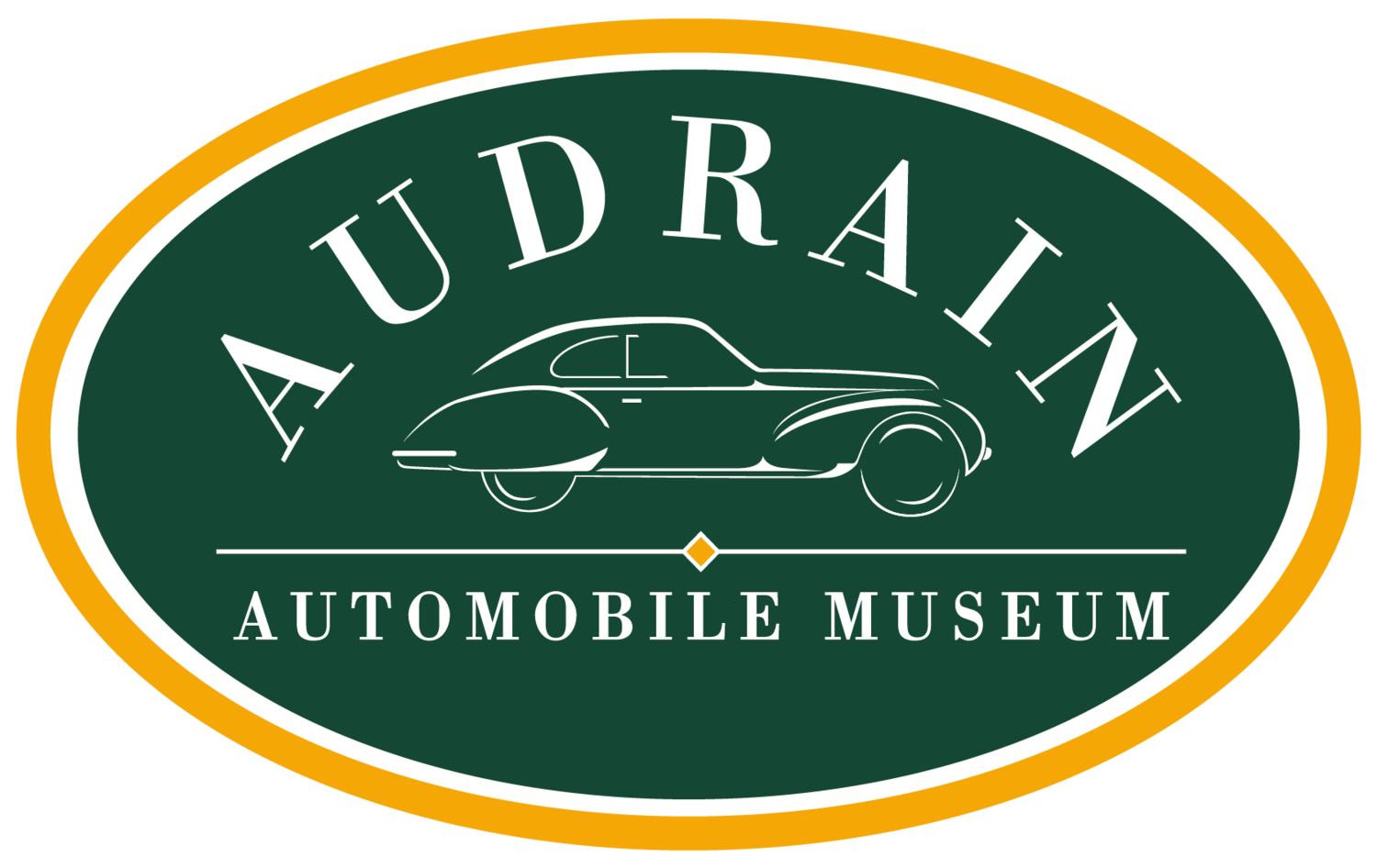1995 Porsche 962 Kremer K8 Spyder
Lights: Cibie
The Porsche 962 Kremer K8 was victorious during the 1995 24 Hours of Daytona. The car ran smoothly through the night, thanks in part to its headlights. Simple yet effective, the headlights more closely resemble spotlights, and are much brighter than a typical headlight used in a passenger car.
Prior to 1977, Porsche used Marchal headlights in their endurance race cars, switching to Cibie headlights shortly after. Cibie specialized in race-ready lighting and were trusted by manufacturers and teams around the world. During race weekends, Cibie technicians were present to help teams adjust their headlights to ensure they were aligned correctly for the specific track conditions. As the Kremer K8 raced into the night, the headlights remained on, and the driver would use the inner high beams to flash slower cars in other classes, urging them to move right to allow the Kremer to pass safely.
Erwin and Manfred Kremer began building racing Porsches in Cologne, Germany, in 1962, and by 1968, with several years developing the new 911, Erwin won the European Touring Car Manufacturers' Championship. Increasingly successful cars for drivers including Bob Wollek, Bernd Schneider and John Fitzpatrick dominated the Porsche Cup through the ‘70s and with Klaus Ludwig and Don and Bill Whittington, their Porsche 935-based Jägermeister K3 won at Le Mans in 1979.
The K8 was an evolution of the Kremer’s successful Group C Porsche 962-based CK6, which they had already adapted into an open prototype class CK7. For the 1994 Le Mans, they constructed an extremely strong car based with a carbon fiber body on a honeycomb aluminum tub from an existing CK6. With little time and severe regulations, power from the 900-plus HP CK7 was down to 530 HP. Even as the car was completed, however, the Kremers landed a contract to build Honda NSXs for Le Mans and it looked as though support for the K8 was at an end.
It won five laps ahead of its nearest competitor. It is also considered to be the grandfather of the Carrera GT currently on display, as it is the predecessor to the RS Spyder, from which the Carrera GT drew many similarities. However, Porsche borrowed the rollbar from the 962 K8 Spyder and manipulated it to fit into the design of the Carrera GT.
The 962 K8 Spyder is the last Porsche racecar to be outfitted with the iconic air-cooled Flat-6 engine. This means that both the pistons and cylinders fire on a flat line, as opposed to a V- or W-style engine where the pistons and cylinders fire at a downward angle. This is beneficial as the design does not allow for a loss of kinetic energy. The Flat-6 gives the car a higher RPM and top speed.
Configuration: Longitudinal mid-engine
Engine: 3.0 L Twin-Turbocharged Flat-6
Displacement: 3L
Horsepower: 530
Transmission: 5-speed manual
Cooling: air-cooled
Curb Weight: 2094 lbs







